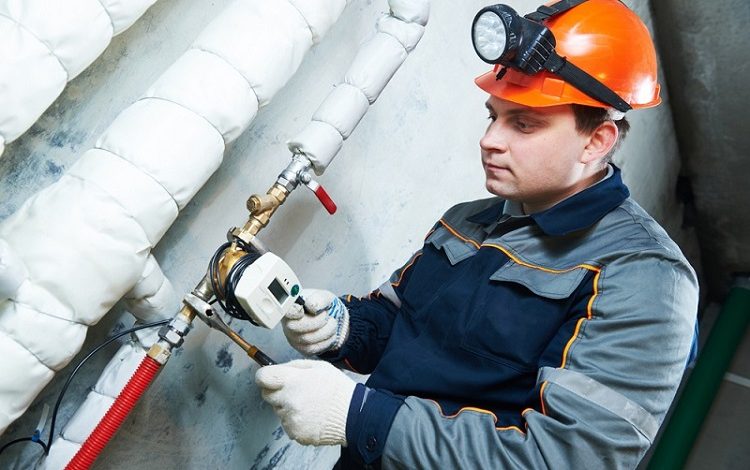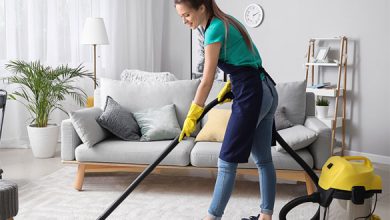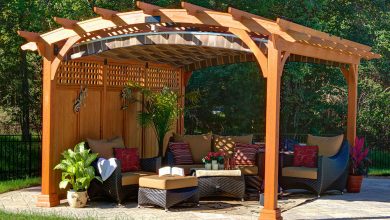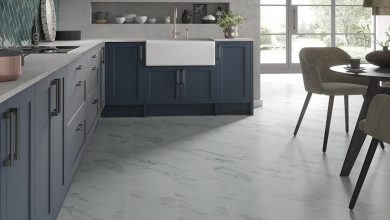2024 Home Care: Essential Plumbing Maintenance Tips

In 2024, the importance of maintaining your home’s plumbing system cannot be overstated. As we continue to rely on the conveniences of modern living, ensuring that our water and waste management systems are functioning properly becomes paramount. Plumbing issues, if left unattended, can lead to significant damage, costly repairs, and a lot of inconveniences. This blog post will delve into essential plumbing maintenance tips to help you keep your home’s system in top condition, avoiding unexpected problems and ensuring efficiency.
Getting to Know Your Home’s Plumbing System
Embarking on a journey to understand your home’s plumbing system is a crucial step toward its upkeep. Begin by identifying the key components that make up the system, which include the pipes that bring water into your home, the drainage system that takes waste away, and all the water-using fixtures and appliances, like sinks, toilets, and dishwashers. A vital piece of knowledge is the location of the main water shut-off valve. This knowledge is invaluable, particularly in emergency situations where cutting off the water supply quickly can prevent extensive damage. By familiarizing yourself with these elements, you can more easily recognize potential problems or abnormalities. This foundational understanding not only empowers you to perform basic maintenance tasks but also equips you to describe issues accurately to plumbing professionals, facilitating more efficient and effective repairs.
Regularly Check for Leaks and Drips
To safeguard your home from the insidious effects of water damage and to keep your water bills in check, it’s vital to stay vigilant about leaks and drips within your plumbing system. Conduct frequent inspections of all your water fixtures, including taps, shower heads, and pipes beneath sinks. These often-overlooked areas can become the sources of costly leaks if not monitored. Employ a proactive approach by utilizing your water meter to detect unseen leaks: note the meter’s reading, refrain from using water for a few hours, and check the reading again. An unchanged reading suggests your plumbing is secure, while any discrepancy indicates a potential leak. Additionally, an inexplicable rise in your water bill could signal a hidden leak, warranting a thorough investigation of your home’s plumbing. By integrating these practices into your regular home maintenance routine, you can catch and address minor issues before they escalate into major concerns.
Keep Your Drains Clear and Flowing
To maintain a healthy plumbing system, ensuring your drains are free from blockages is crucial. Be vigilant about what you dispose of down your toilets and sinks. Only toilet paper should be flushed, as other items can quickly lead to clogs. In the kitchen, avoid pouring grease, oil, and food remnants down the sink, as they can solidify and obstruct the drainage. Implement the use of hair catchers in showers and bathtubs to catch hair and soap residue before they cause problems. For those minor clogs that inevitably occur, a home remedy of hot water mixed with vinegar and baking soda can offer a gentle yet effective solution, keeping your drains clear without the use of harsh chemicals. Regular attention to what goes down your drains and proactive measures can keep water flowing smoothly, preventing the inconvenience and potential damage caused by clogged plumbing.
Know When to Replace Old Pipes and Fixtures
Your home’s plumbing system is integral to its overall functionality, but it doesn’t have an infinite lifespan. Pipes, particularly those made of materials like galvanized steel that are prone to corrosion, need regular checks to determine their condition. Telltale signs that replacement might be necessary include experiencing discolored water, noticing a significant decrease in water pressure, or encountering frequent leaks. These symptoms suggest that the integrity of your pipes may be compromised, posing potential risks to your home’s water quality and structure. Additionally, older fixtures can become sources of inefficiency and failure. Modern fixtures not only enhance the aesthetic appeal of your home but also contribute to water conservation, thanks to advances in technology. Keeping an eye on the condition of your water heater is also crucial; its performance can greatly affect your home’s energy efficiency and water quality. Proactively updating old pipes and fixtures when they show signs of wear or inefficiency is key to maintaining a safe, comfortable, and eco-friendly home environment.
Prepare Your Plumbing for Seasonal Changes
Adapting your home’s plumbing maintenance to accommodate the shifting seasons is crucial for its longevity and efficiency. As the cold season approaches, prioritize the insulation of your home’s pipes to safeguard against the freezing temperatures that could lead to bursts. It’s also essential to understand how to properly shut off and drain water from outdoor faucets to prevent ice damage. When the thaw of spring arrives, conduct a thorough inspection for any potential harm the winter cold might have inflicted on your plumbing system. With the arrival of warmer, wetter months, attention should turn to ensuring your sump pump is operational and ready to handle any increased precipitation. This seasonal diligence helps avert potential plumbing disasters and ensures your system remains functional year-round. If you are looking for a Noblesville plumber, check out Coopers.




